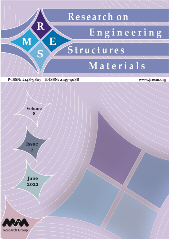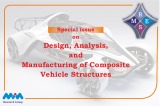Research Article
Experimental investigation of utilizing chemical additives and new generation corrosion inhibitors on reinforced concrete
İlker Bekir Topçu, Arda Uzunömeroğlu
Department of Civil Engineering, Eskişehir Osmangazi University, Eskişehir, Turkey
Keywords
Abstract
Reinforced Concrete;
Ecological Inhibitors;
Chemical Additives;
Corrosion;
Durability
Corrosion is the most common structural defect in today's construction industry and therefore requires the most precautionary measures. As a result of corrosion, the repair of the structure causes high costs or is not possible at all. Corrosion inhibitors are the fastest and easiest method to take on corrosion, but many inhibitors used today contain components harmful to the environment and toxic. Today, there is hardly any concrete produced without using any chemical and mineral additives. Researchers are trying to produce less harmful concrete chemicals. In this study, calcium nitrite, which is the most widely used corrosion inhibitor in the market, and ecological boron inhibitor were compared with experimental methods. In addition, the interaction of chemical additives used most in concrete production with these inhibitors was investigated. As a result of experimental studies, it was concluded that the ecological boron inhibitor did not damage the structure of the reinforcement in the concrete and could be used instead of the calcium nitrite inhibitor produced in the market. The electrical resistance, rapid chloride permeability and half-cell potential experiments show that samples containing boron inhibitors gave the best results compared to other samples.
© 2020 MIM Research Group. All rights reserved.

